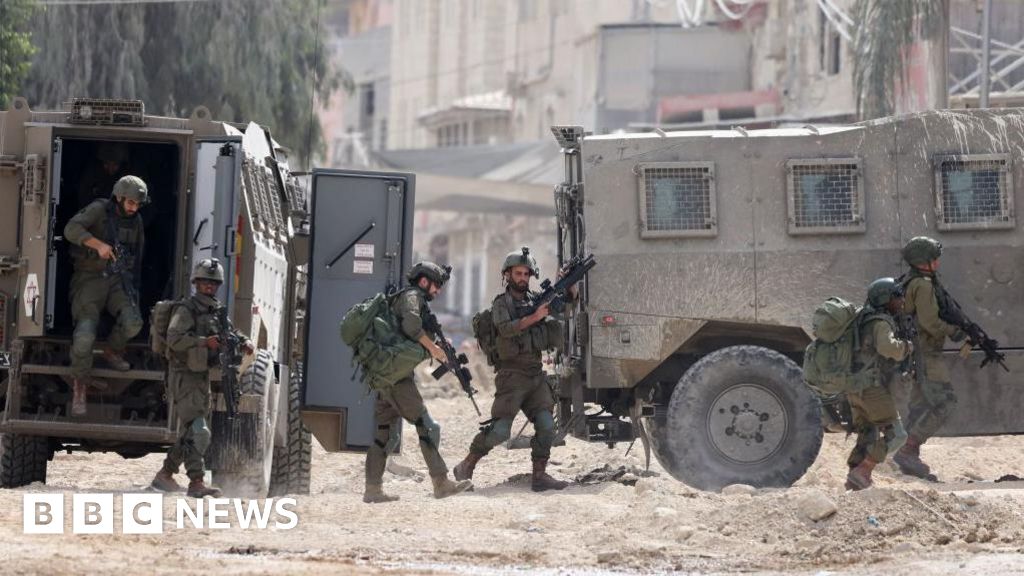Israeli forces have carried out consecutive raids on the occupied West Bank for a second day, prompting calls from the United Nations for de-escalation.
The Israel Defense Forces (IDF) said on Wednesday it was launching a “counterterrorism operation” and said 12 people were killed in the cities of Jenin and Tulkarm on Thursday.
The Palestinian Health Ministry said 16 people had died since Wednesday morning and reported the death toll was higher.
UN Secretary-General Antonio Guterres called on Israel to immediately end the operation, saying it was “exacerbating an already dangerous situation”.
He called on Israeli forces to “exercise utmost restraint and only use lethal force when absolutely unavoidable.”
The IDF said five people were killed in a “firefight” with militants “hiding in a mosque” in Tulkarm, and seven in Jenin.
One of those killed was Mohammed Jaber, also known as Abu Shuja, who was reportedly a local leader of the Tulkarem Brigades, which is backed by the Palestinian Islamic Jihad militant group, according to the Israeli military.
The Israel Defense Forces said Jaber was responsible for numerous attacks against Israelis and was planning further attacks.
In a statement to Telegram, the Tulkarm Brigade said its fighters ambushed an Israeli infantry unit “in retaliation for the assassination of our commander,” without naming the commander.
The IDF said it had arrested 10 suspects wanted in raids in Tulkarm and Jenin and recovered explosives and weapons.
The Palestinian mission to the United Nations condemned the attacks in a letter on Thursday, saying Israeli forces “infiltrated homes, deliberately targeted civilians, destroyed vital infrastructure and even besieged four major hospitals in the area.”
In Jenin, ambulances were stopped and inspected by military jeeps parked around the government hospital as security forces continued their operations in the city’s refugee camps.
The camp is both a base for armed groups and home to unarmed civilians, and has been the scene of many fierce gun battles in the past.
The Israeli military has cut off access to the camp and the Palestinian telephone network is down.
Israeli media said this was the second day of the operation in the West Bank which could last for several days.
It was one of the largest actions in the West Bank since the Second Palestinian Intifada (uprising) two decades ago.
Israel’s UN Ambassador Danny Danon said the operation’s “clear objective is to disrupt Iranian proxy terrorism that harms Israeli civilians.”
Israeli politicians have recently accused Iran, which supports both Hamas and Palestinian Islamic Jihad, of trying to smuggle explosives to attack Israel.
In a post on X, Danon said Israel “cannot sit idly by and watch as buses and cafes explode in its city centres.”
Violence in the West Bank has soared since Hamas’ Oct. 7 attack on Israel and the subsequent war in Gaza.
European Union foreign policy chief Josep Borrell said Israel’s operation in the West Bank “must not become a prerequisite for an escalation of the war from Gaza.”
He said he was starting a process to ask EU member states whether they were willing to impose sanctions on “some Israeli ministers.”
He accused the ministers, whom he did not name, of “sending an unacceptable message of hatred towards the Palestinian people and making proposals that are clearly contrary to international law.”



